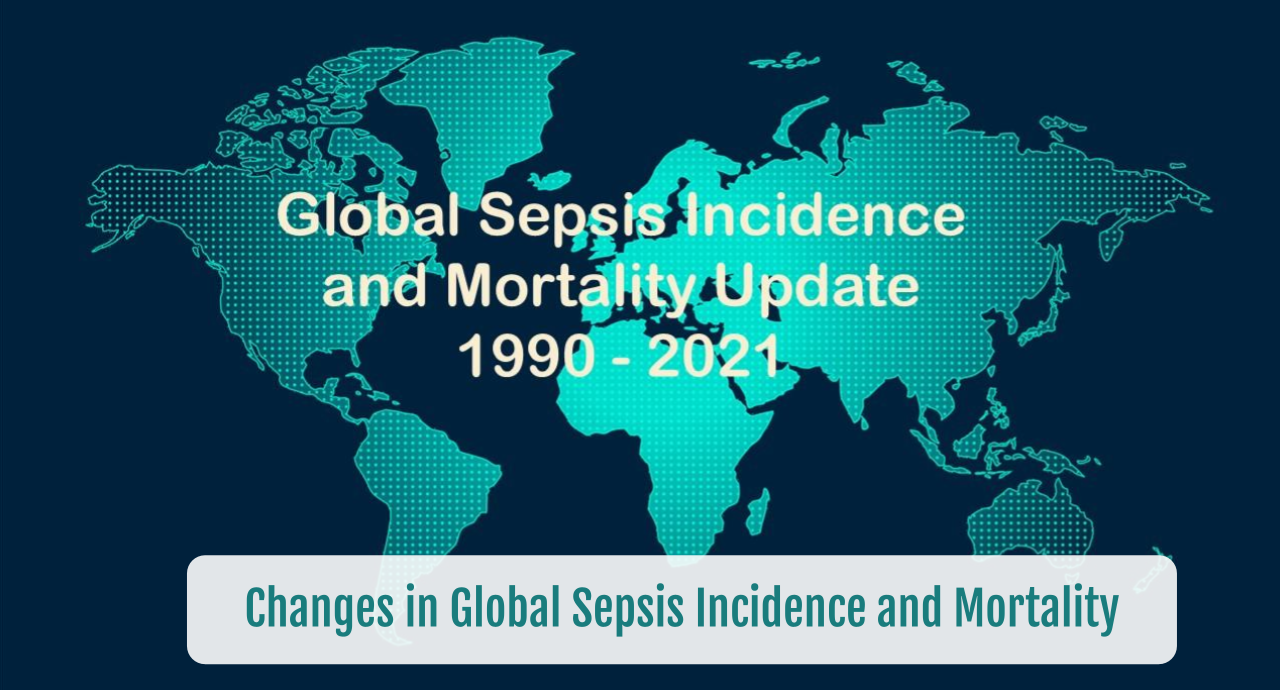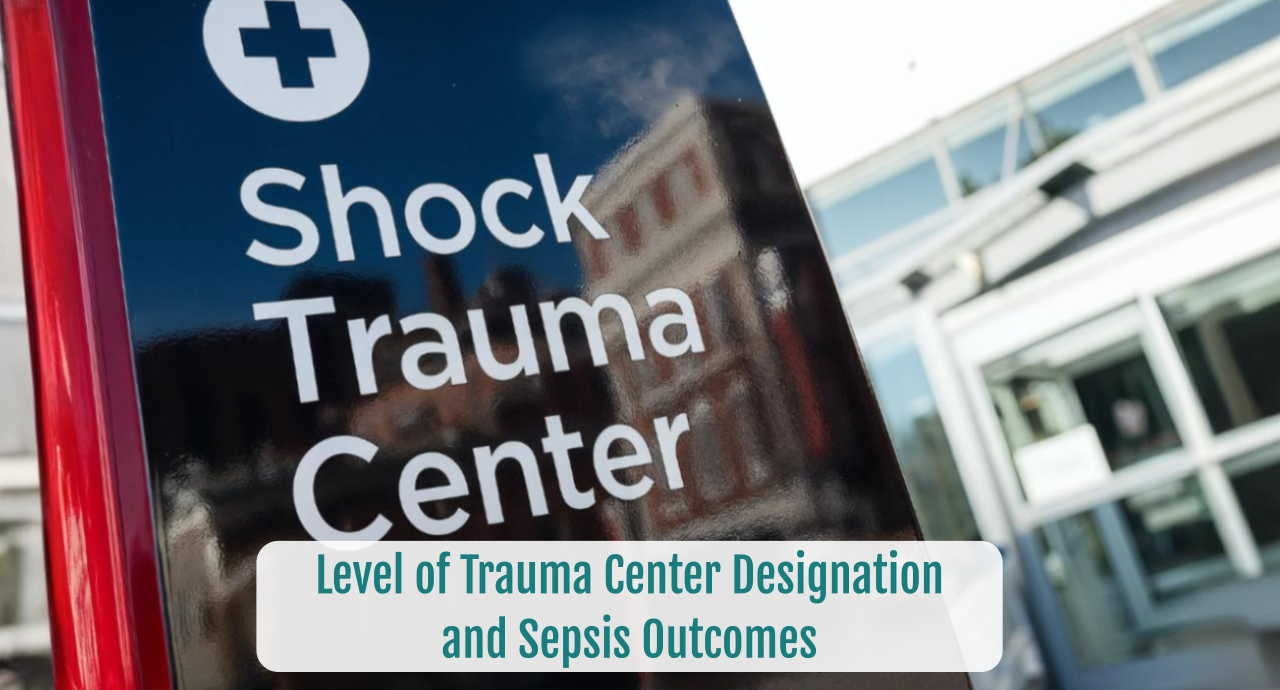Triglyceride-Glucose Index in Sepsis
SUMMARY:
-
Platelets play a key role in immune response and inflammation.
-
Sepsis, which is characterized by systemic inflammation, often presents with thrombocytopenia.
-
Initial evaluations of novel therapeutic approaches to sepsis associated thrombocytopenia is encouraging but requires further evaluation.
REVIEW:
- Platelets are the most abundant cellular blood element and live at the intersection of inflammation and thrombosis.
- The interaction between platelets and bacteria during sepsis include:
-
- The platelet/organism interaction results in removal of platelets from the circulation contributing to thrombocytopenia.
-
- Interactions between platelets and organisms can be categorized as:
-
-
- Direct inhibition
- Indirect inhibition
- Interactions with secreted mediators
-
-
- These interactions lead to:
-
-
- Adhesion
- Phagocytosis
- Activation
-

-
Platelet thresholds:
- Approximately 40% of patients with sepsis will develop thrombocytopenia below 80,000 platelets.
-
- Significant bleeding may occur with a platelet count below 20,000.
-
- Surviving Sepsis Campaign recommends interventions in patients with sepsis and a platelet count below 10,000 even without bleeding.
-
- Clinical Importance of Sepsis Associated Thrombocytopenia
-
-
- Thrombocytopenia can be used as a prognostic marker in sepsis patients impacting patient management and outcome.
-
-
-
- Sepsis Associated Thrombocytopenia is associated with:
-
-
-
-
- Prolonged ICU stay
- Increased mortality
- Increased bleeding complications
- Multi-organ dysfunction
-
-

-
Proposed Management Strategies

CONCLUSIONS:
-
Predicting and treating sepsis associated thrombocytopenia remains a challenge.
-
The understanding of the interaction of platelets in sepsis immune function remains elusive.
-
Further research is needed to identify which sepsis subgroups would benefit from treatment as well as the type of treatment per subgroup.
To receive articles like these in your Inbox, you can subscribe to Sepsis Program Optimization Insights.
Erkan Hassan is the Co-Founder & Chief Clinical Officer of Sepsis Program Optimization where he designs & oversees the implementation of solutions to optimize sepsis programs.
To discuss your organization’s Barriers of Effective Sepsis Care, contact Erkan by phone (844) 4SEPSIS (844-473-7747), email (erkan@spo.icu), or video chat.





